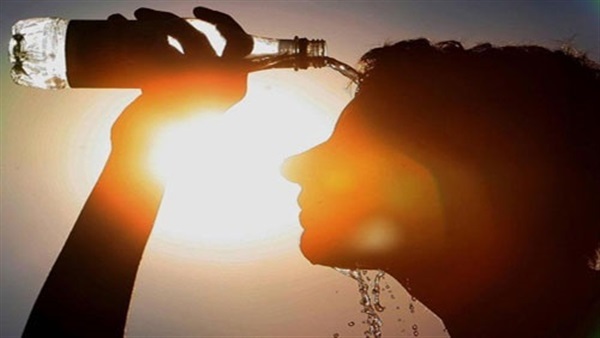(单词翻译:单击)
More than 1 billion people are at risk from a lack of air conditioning and refrigeration to keep them cool and to preserve food and medicines as global warming brings more high temperatures, a study showed.
一项研究显示,由于气候变暖,高温天气更加普遍,超过10亿人正面临没有空调降暑,冰箱保存粮食与药物的风险。
More electricity demand for fridges, fans and other appliances will add to manmade climate change unless power generators shift from fossil fuels to cleaner energies, according to the report by the nonprofit Sustainable Energy for All group.
非盈利组织“人人享有可持续能源”编纂的报告指出,除非人们能摒弃化石燃料转而使用较洁净的能源发电,否则电冰箱、电扇及其他家电将需耗用更多电,进而加剧人为导致的气候变化问题。
About 1.1 billion people in Asia, Africa and Latin America -- 470 million in rural areas and 630 million slum dwellers in cities -- were at risk among the world's 7.6 billion people, it said.
该报告称,在全世界76亿人口当中,来自亚洲、非洲以及拉丁美洲的11亿人将会处于风险之中。其中,农村约有4.7亿人,城市贫民窟则约有6.3亿人。

"Cooling becomes more and more important" with climate change, said Rachel Kyte, head of the group and special representative for the UN Secretary-General for Sustainable Energy for All.
“人人享有可持续能源”倡议联合国秘书长特别代表雷切尔·基特表示:“随着气候变化,清凉变得越来越重要。”
The UN's health agency says that heat stress linked to climate change is likely to cause 38,000 extra deaths a year worldwide between 2030 and 2050.
联合国的卫生机构表示,2030-2050年,与气候变化有关的暑热压力可能使全球范围内每年额外死亡3.8万人。
In remote areas in tropical countries, many people lack electricity and clinics are often unable to store vaccines or medicines that need to be chilled. And in city slums, electricity supplies are often intermittent.
在热带国家的偏远地区,许多人缺乏电力,而诊所往往无法储存需要冷藏的疫苗或药品。在城市贫民窟,电力供应往往是断断续续的。
Many farmers or fishermen, meanwhile, lack access to a "cold chain" to preserve and transport products to markets. Fresh fish goes off within hours if stored at 30℃ but stays fresh for days when chilled.
与此同时,许多农民或渔民无法通过“冷链”来保存和运输产品到市场。如果在30摄氏度的温度下保存,鱼会在数小时内变得不新鲜,但在冷藏时会保持数天新鲜。


